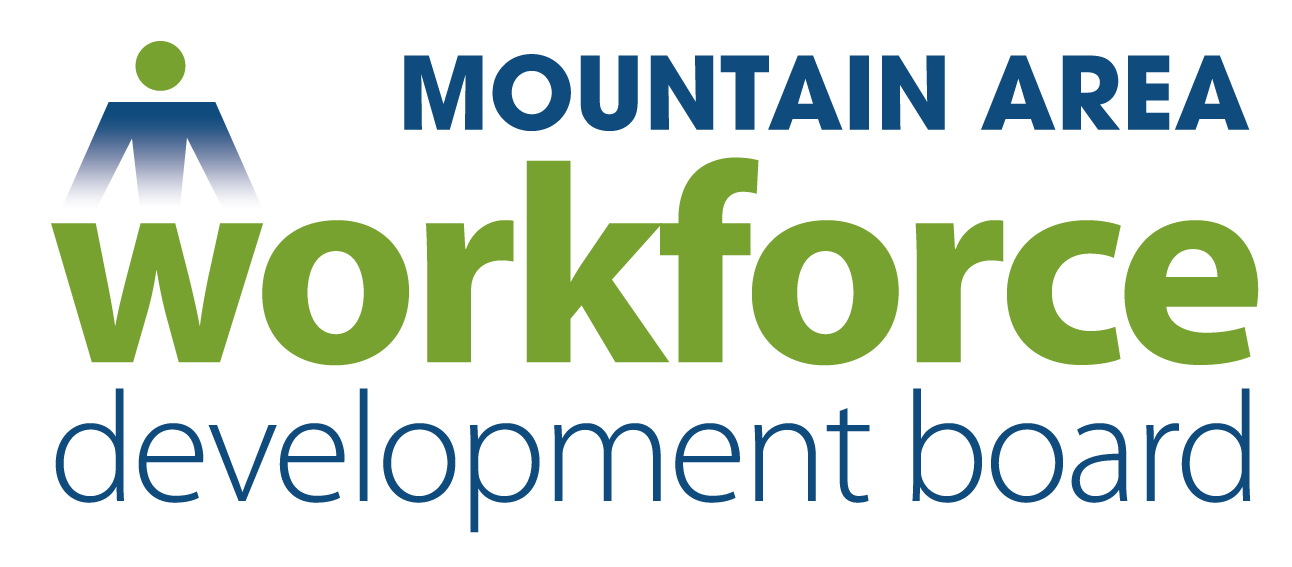Artificial Intelligence (AI) is revolutionizing the way we work. Organizations are relying on AI to perform various tasks including customer service, process optimization, recommendation systems, healthcare diagnostics, surgical operations, autonomous robots, among many others. The impact of this technology on jobs, productivity, and, economic growth cannot be overemphasized. Navigating this transformative era requires that we understand the effects of AI on the workforce. Let’s delve into some of the implications that AI brings to our professional lives.
The Changing Landscape
AI has the potential to automate routine tasks, leading to the displacement of certain jobs. Repetitive tasks in manufacturing, data entry, and customer service are prime examples. According to a report by Goldman Sachs, AI has the potential to replace the equivalent of 300 million full-time jobs globally. The report also asserts that two-thirds of jobs in the US and Europe are exposed to some degree of AI automation, and approximately one-fourth of all jobs could be entirely performed by AI. An MIT and Boston University report predicts that at least 2 million manufacturing jobs will be replaced by AI, while McKinsey Global Institute reported that a minimum of 14% of employees globally would need to change their careers due to AI automation by 2030. Unlike previous waves of automation, advancements in AI will impact high-skilled, white-collar jobs as well, roles that involve complex cognitive tasks that AI algorithms can handle efficiently. As noted by researchers from the University of Pennsylvania and OpenAI, some educated white-collar jobs like accountants, insurance underwriters, administrators, programmers, and many others will most likely be affected by AI automation. While it may displace certain roles, it will also create new ones, which include AI specialists, data scientists, automation engineers, user experience and human computer interaction specialists, etc.
Organizations now rely on an extended workforce, including contractors, gig workers, and AI technologies. Effective collaboration between employees, contingent workers, and AI systems is becoming essential for seamless business operations. Understanding the interplay between these actors is crucial for optimizing productivity and innovation. AI is reshaping work dynamics by automating tasks, augmenting human performance, and creating new job categories. Workforce ecosystems need to incorporate human-AI collaboration in both physical tasks (such as manufacturing) and cognitive tasks (like data analysis). McKinsey estimates that AI could deliver an additional $13 trillion in global economic activity by 2030, equivalent to 16% higher cumulative GDP growth which stems from labor substitution through automation and increased innovation. AI enhances productivity by automating repetitive tasks, allowing workers to focus on higher-value activities.
Organizations need to adapt by reskilling and upskilling their workforce to align with these emerging opportunities. Workers with strong digital skills can harness AI effectively, benefiting from its capabilities. Although the adoption of AI is uneven across different sectors and demographics, workers with higher exposure to AI technologies tend to have better employment prospects. Professionals must hence adapt by acquiring digital skills and understanding AI technologies. Upskilling programs are essential to bridge the gap. The future of work lies in our ability to adapt, harness AI’s potential, and create a workforce that thrives in this dynamic landscape. This is why events like the upcoming AI Summit: Reaching New Heights with AI, taking place at the Blue Ridge Community College on May 30th, 2024, are a must- attend.
Visit https://www.mountainareaworks.org/wnc-ai-forum for more information.
Register today for the upcoming 5/30/2024 event on Eventbrite.
Nana Harrison (Ph.D.)



